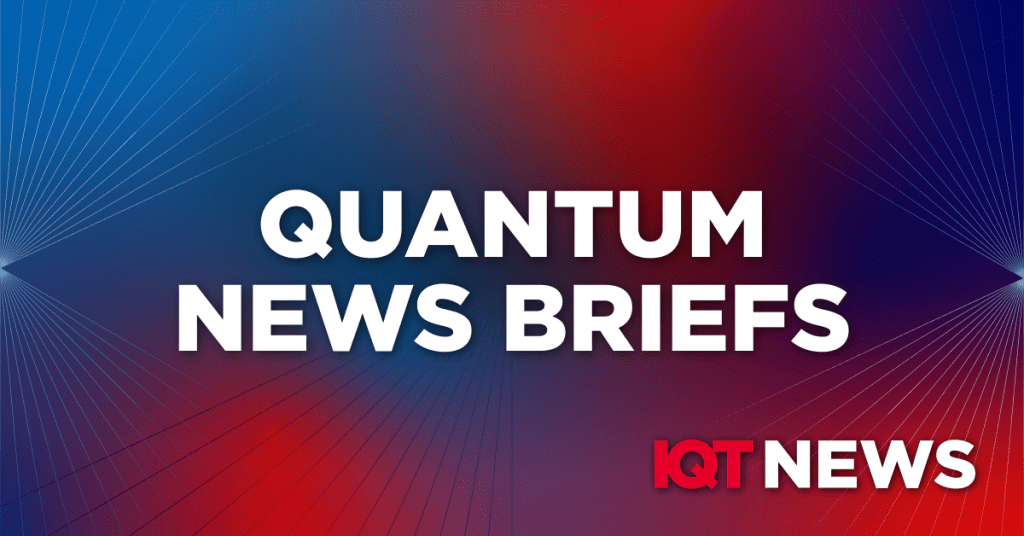IonQ Achieves First Trapped Ion Quantum System to Surpass 99.9% Fidelity on Barium
The company demonstrated optimized two-qubit gates on barium with greater than 99.9% fidelity in a two-ion chain via the same mechanisms used to realize two-qubit gates in IonQ’s production quantum computers. Based on technical improvements developed to achieve this milestone, the company now has a significantly deeper understanding of how to identify and remove error mechanisms in large enterprise-grade quantum systems.
IonQ has worked with ytterbium ions for most of the company’s history and has been exploring barium ions as qubits because they contain intrinsic features that offer the ability to improve quantum computer performance. Compared to traditional ytterbium ions, barium ions offer several key advantages, including a higher native fidelity limit, increased gate speeds, lower state preparation/measurement (SPAM) errors, and better stability as well as superior overall performance. As IonQ makes substantial headway towards reaching commercial advantage, IonQ expects these distinct properties will position its barium systems at the forefront of the quantum computing industry.
In Other News: The Next Web reports “The UK Could Be the Home of the Next Quantum Microsoft or Quantum Nvidia”
Ahlgren points out, “Phasecraft is a leader in quantum algorithms — computational methods designed specifically for quantum computers and their qubits”. The company has just released a white paper asking the government not to squander the opportunity for the UK to become a global leader in quantum computing.
Continued and predictable public funding is essential to maintain momentum and support the “high-risk, high-reward” nature of quantum technology
“Historically, government support and encouragement has been absolutely crucial for quantum technologies, and quantum computing in particular,” Ashley Montanaro, co-founder and CEO of Phasecraft, told TNW.
“We think it’s important to make the case that in quantum technologies, the UK in particular, really has an opportunity to be a world leader and be the home of the next ‘quantum Microsoft’ or ‘quantum Nvidia’,” said Montanaro.
In Other News: Interesting Engineering reports “Oxford Ionics sets new world record, slashes quantum errors by 1,300%”
SPAM is the process in quantum computing that prepares qubits in specific quantum states and measures those states after quantum operations.
Oxford Ionics claim their protocol has set a new world record for quantum state preparation and measurement (SPAM). It shows a 13-fold decrease in SPAM errors compared to the current best method, making it the best-performing and most reliable quantum platform in the industry.
It is critical in ensuring the accuracy and reliability of quantum computation because the quality of results delivered by a quantum system directly depends on how well the qubits are prepared.
In Other News: SpaceWars reports “Boeing Advances Quantum Communications with 2026 Space Test Satellite”
Boeing’s efforts are set to reshape how information is handled, introducing quantum-enhanced technologies such as fault-tolerant computing systems to minimize errors, secure voting mechanisms to ensure electoral integrity, and blind quantum computing, which processes data while keeping it confidential.
“We’re making a big bet on quantum technology,” said Jay Lowell, chief engineer for Boeing’s Disruptive Computing, Networks and Sensors organization. “Quantum entanglement
The introduction of quantum networking capabilities in space could unlock new potential, enabling researchers to collect more detailed data about Earth and space environments, areas currently constrained by the limitations of existing instruments.
